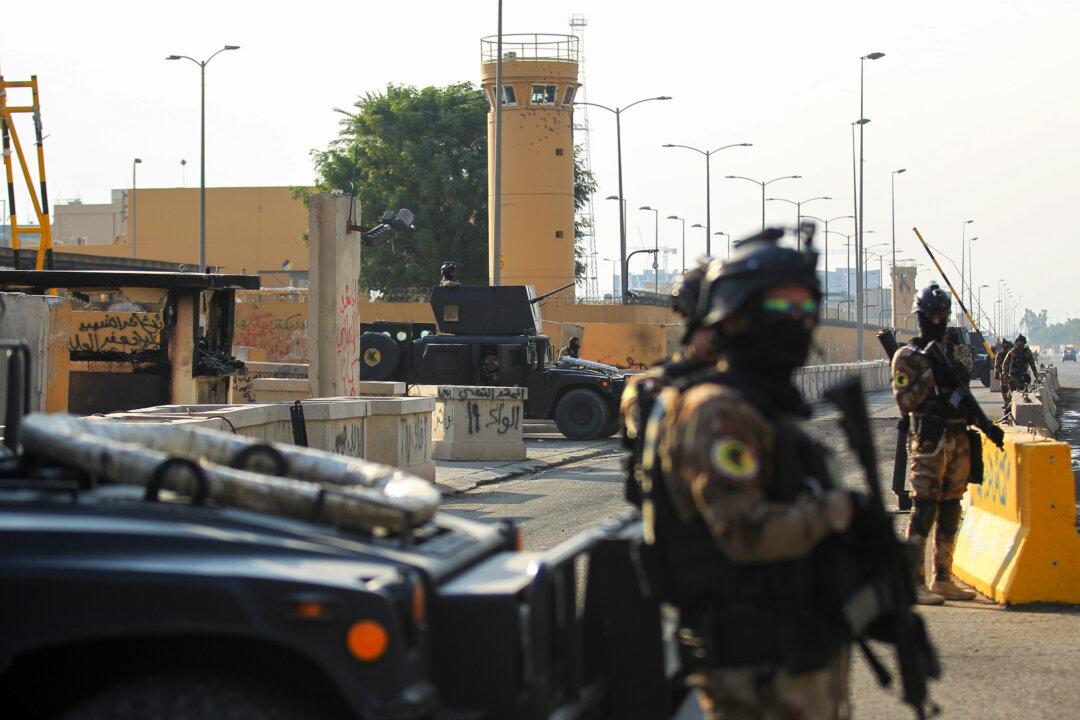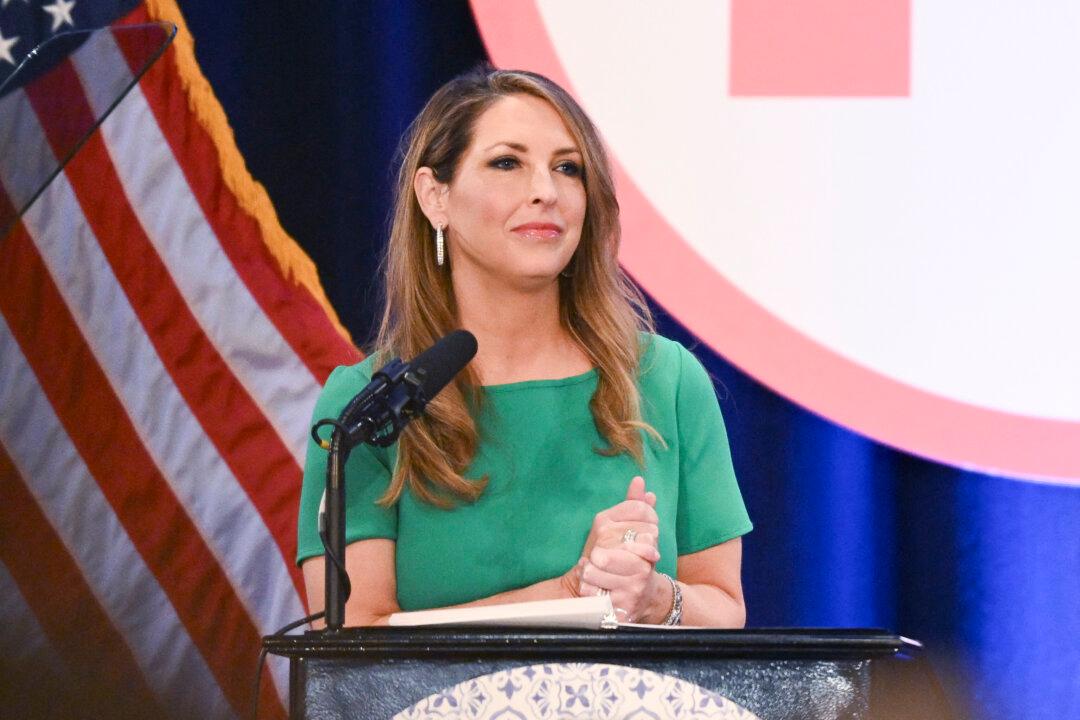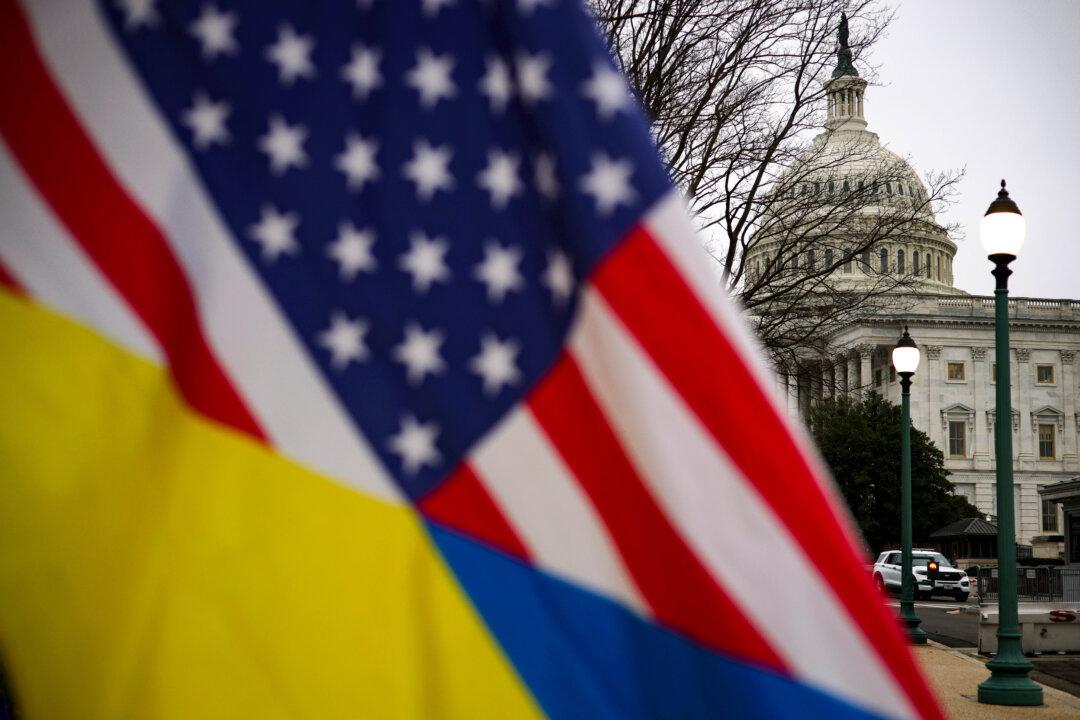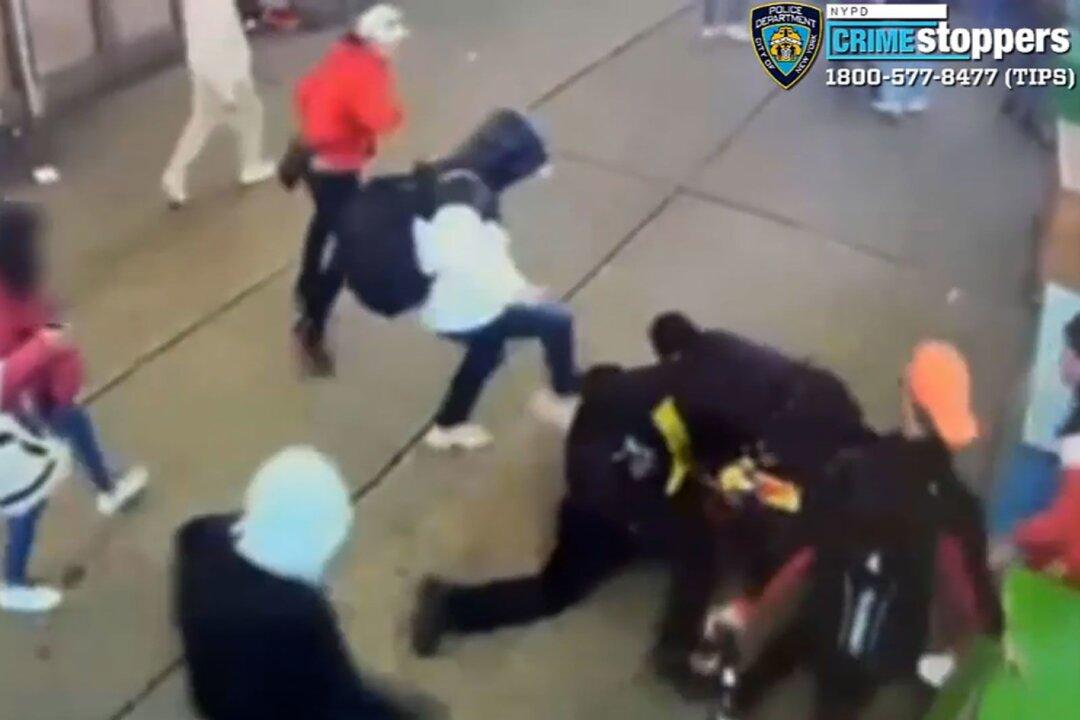The Department of Defense, along with the Department of State and the Office of the Director of National Intelligence, has briefed staff members from the House Armed Service Committee and the Senate Armed Service Committee, Pentagon Press Secretary Alyssa Farah said on Saturday.
Assistant Secretary of Defense for International Security Affairs Katie Wheelbarger hosted the briefing with senior representatives from the other two departments.





